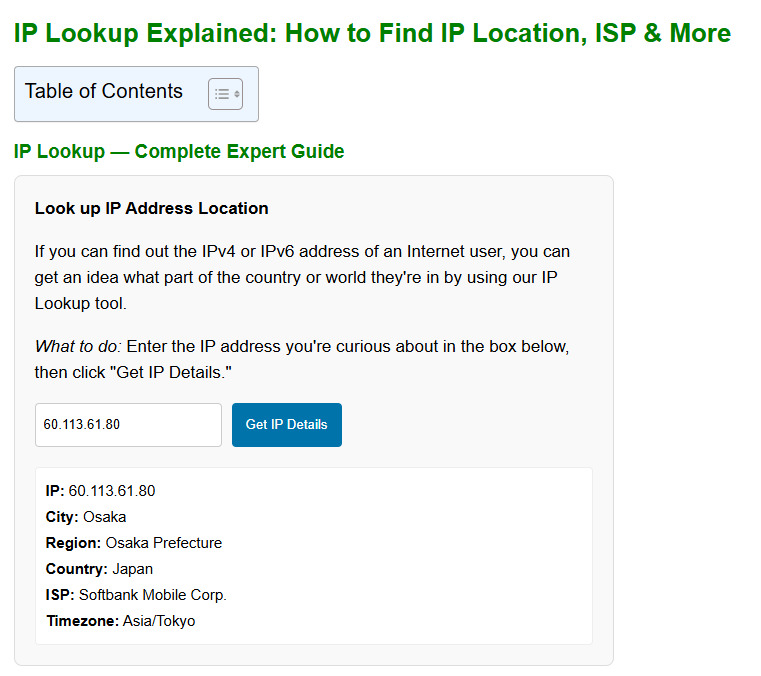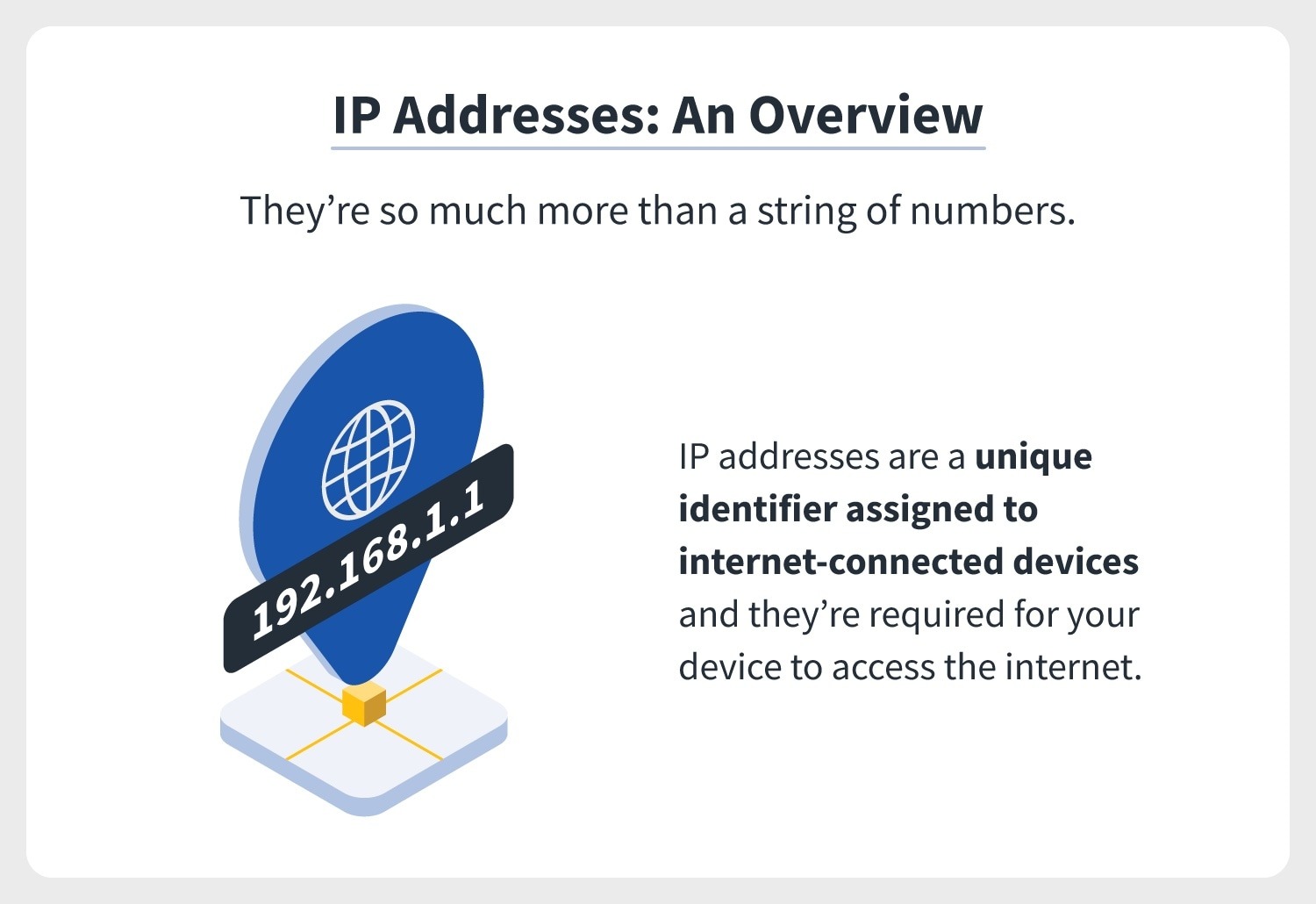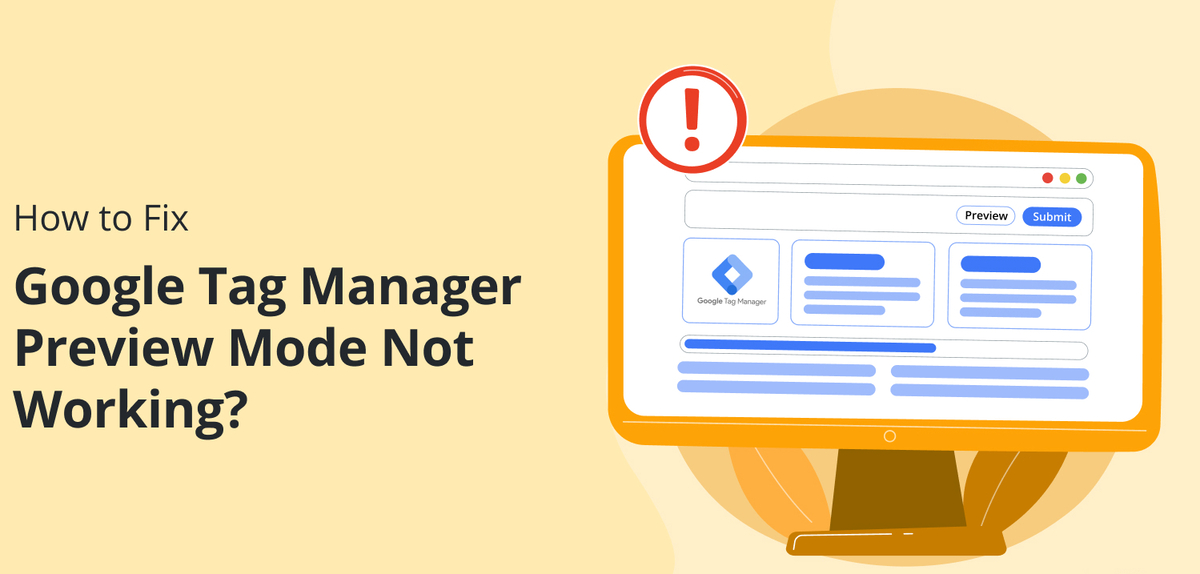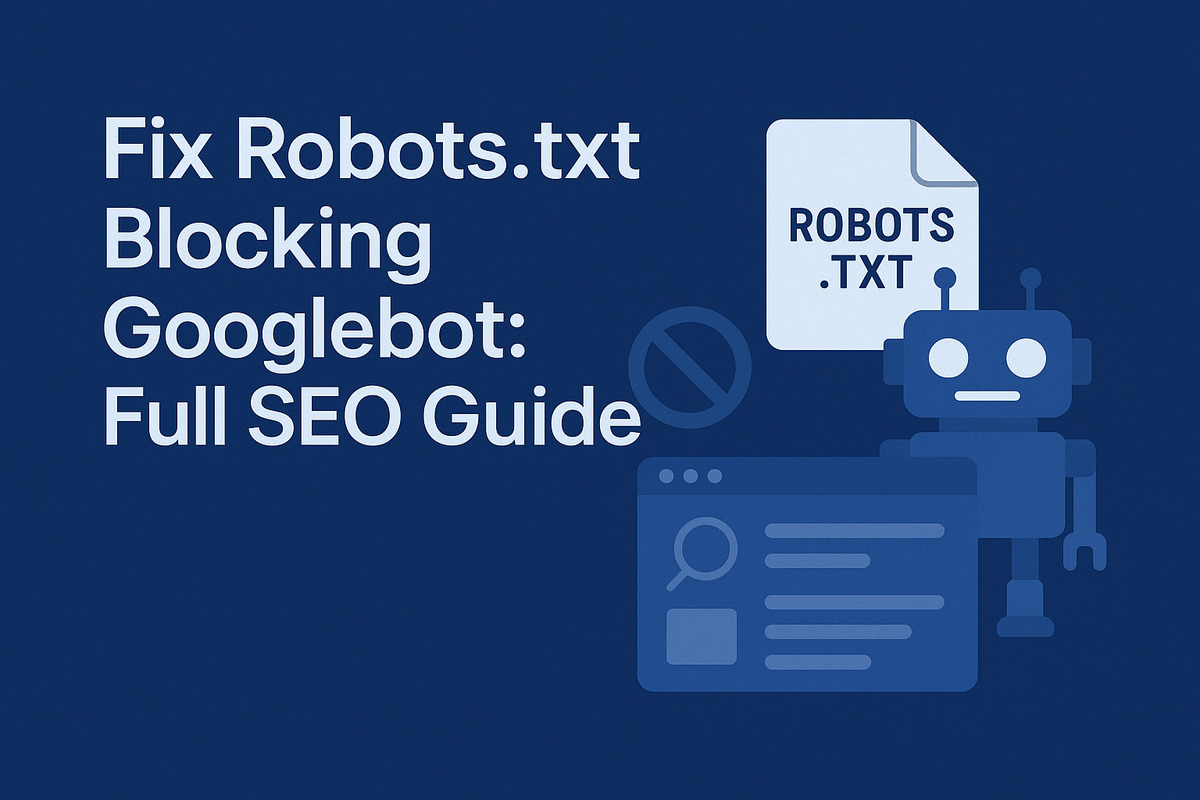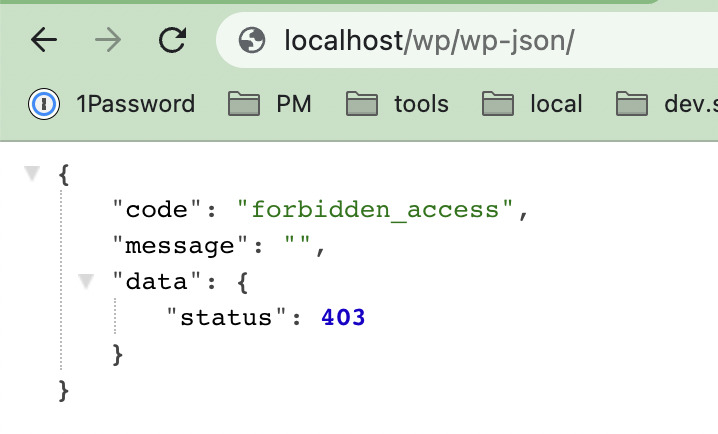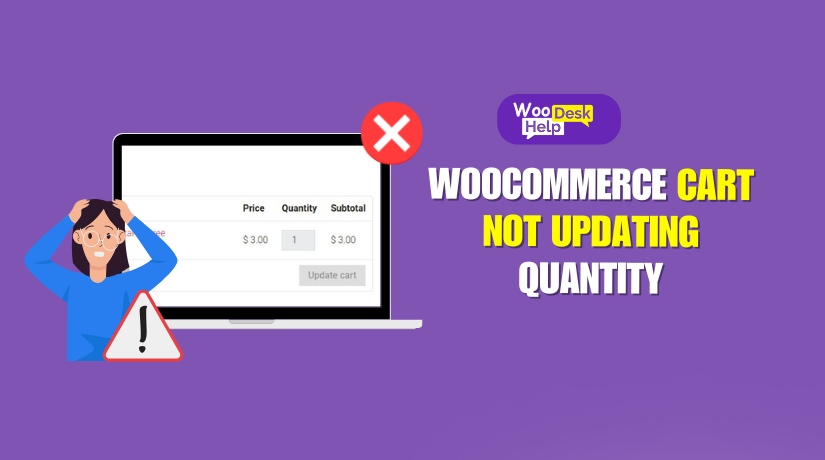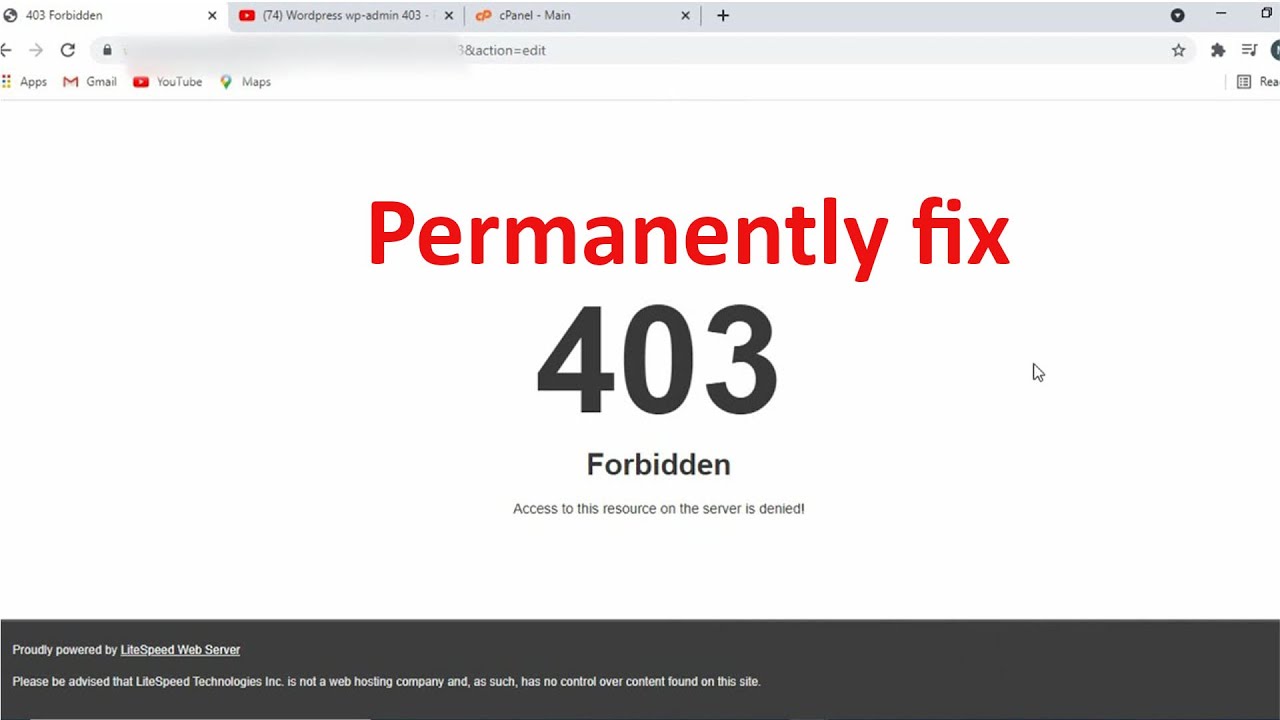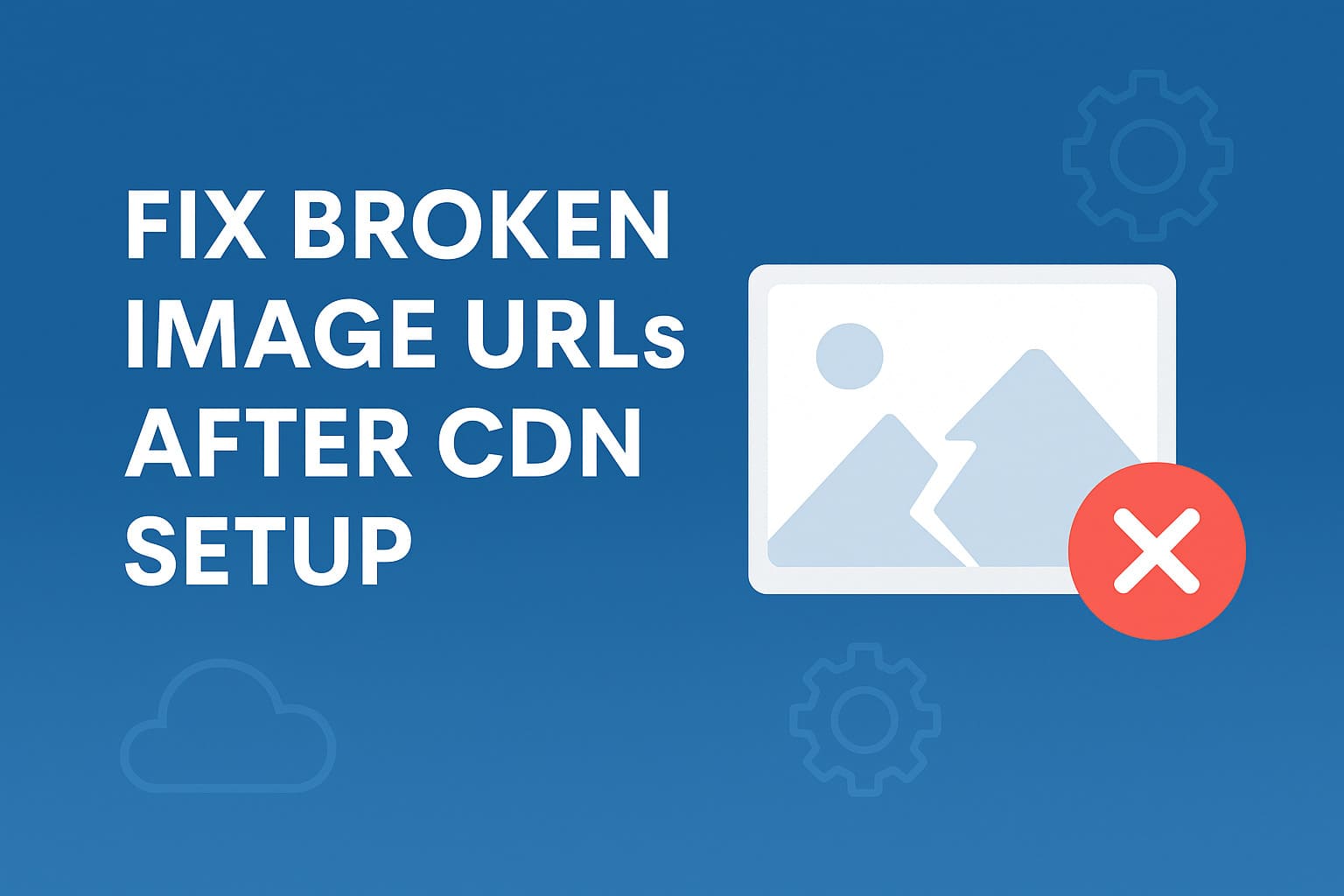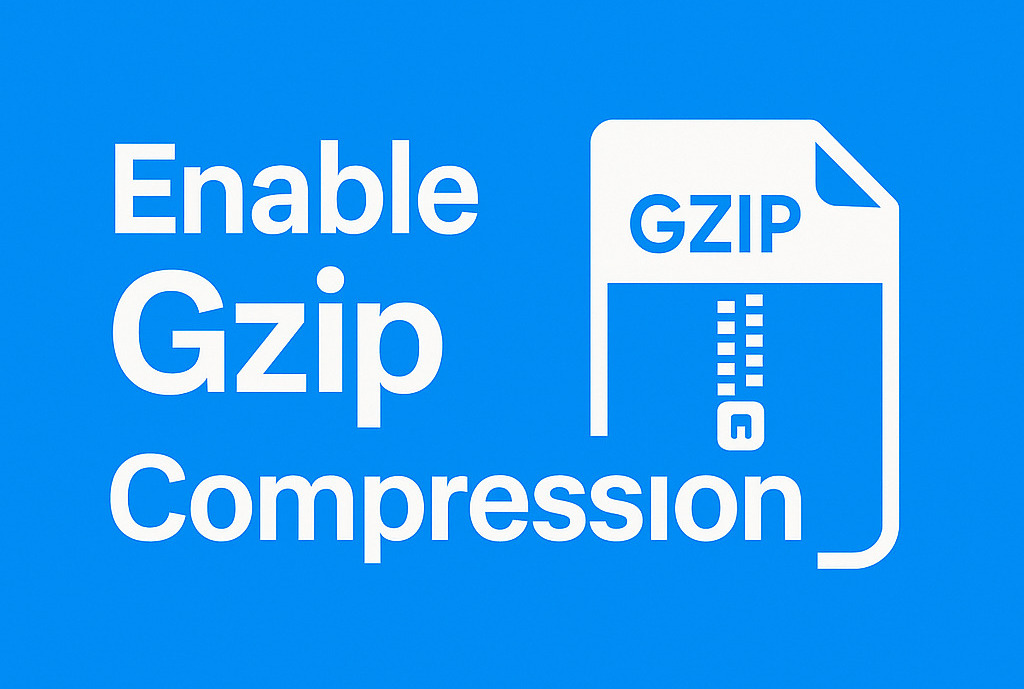How to Fix Structured Data Errors in Google Search Console
Structured data plays a vital role in helping Google understand your website content. When implemented correctly, it enables rich snippets and enhanced search appearances like product ratings, FAQs, and breadcrumb paths. However, Structured Data Errors in Google Search Console (GSC) can prevent your site from qualifying for these features, negatively impacting visibility and click-through rate (CTR).
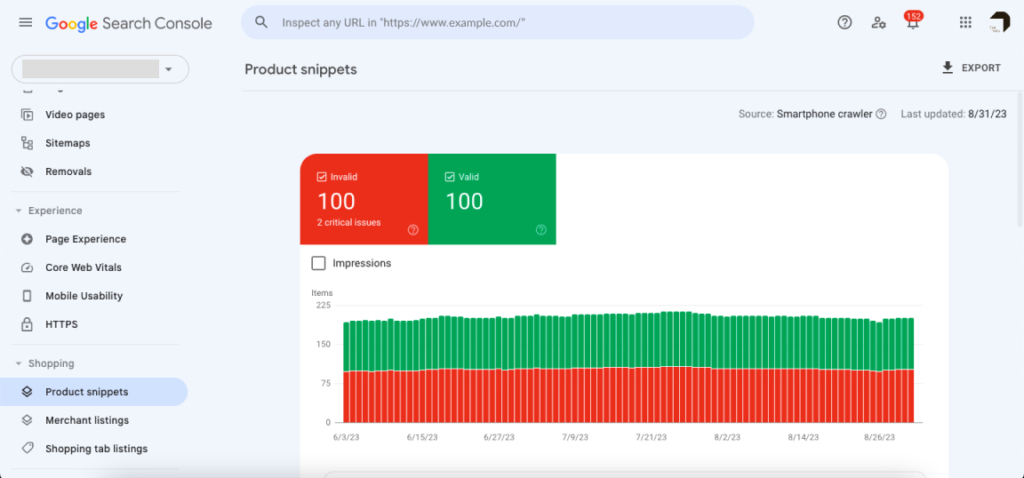
This guide is tailored for website owners, developers, SEO professionals, and IT teams who need a practical, technical approach to diagnosing and resolving structured data issues in GSC.
What Are Structured Data Errors in Google Search Console?
Structured data errors are issues in your schema markup that prevent Google from parsing or understanding the content accurately. Google Search Console detects these problems during crawl and reports them under the Enhancements and Unparsable Structured Data sections.
There are two major types of issues:
- Critical Errors – prevent your content from appearing in rich results.
- Warnings – the markup is valid but missing optional elements that could enhance display.
Common Types of Structured Data Errors
Missing Required Field
Every schema type has specific fields that must be included. Omitting required fields like name, image, or price in Product schema can trigger this error.
Example:
{
"@context": "https://schema.org",
"@type": "Product",
"image": "https://example.com/image.jpg"
}Code language: JSON / JSON with Comments (json)Fix: Add the missing name field.
Incorrect Value Type
Structured data fields must have the correct data type. For instance, price should be a number, not a string.
Incorrect:
"price": "ten dollars"Code language: JavaScript (javascript)Correct:
"price": 10.00Code language: JavaScript (javascript)This type of error appears frequently in Product rich result issues and is a leading cause of invalid schema markup.
Unparsable Structured Data
These are syntax errors that prevent Google from even reading your structured data.
Common causes include:
- Missing commas ,
- Unclosed brackets }
- Using single quotes ‘ instead of double quotes “
- Extra or missing properties
Example parsing error:
{
"@type": "Article"
"headline": "Structured Data Errors"
}Code language: JSON / JSON with Comments (json)Fix:
{
"@type": "Article",
"headline": "Structured Data Errors"
}Code language: JSON / JSON with Comments (json)Deprecated or Unsupported Properties
Google occasionally stops supporting certain schema properties. Using these may lead to errors or warnings, even if the data seems correct.
Refer to the official Google structured data guidelines for supported schema.
Content Mismatch with Markup
The structured data must accurately represent the visible content. Including ratings, prices, or authors that aren’t visible on the page violates Google’s schema policy.
How to Diagnose Structured Data Errors
Use Google Search Console
- Log in to GSC.
- Navigate to Enhancements.
- Click a schema type (e.g., Product, FAQ, Breadcrumb).
- Review Error and Warning labels.
- Examine affected URLs and the issue details.
Test with Rich Results Test
Use the Rich Results Test to:
- Validate markup
- Check eligibility for rich snippets
- See structured data parsed by Google
Use Schema.org Validator or JSON Tools
Use tools like:
- https://validator.schema.org
https://jsonlint.com
These help catch syntax issues and confirm JSON-LD format.
How to Fix Structured Data Errors (Step-by-Step)
Validate JSON-LD Format
Ensure your structured data follows proper JSON syntax:
- Use double quotes “
- Separate properties with commas
- Wrap content with {}
Test all structured data snippets in a JSON validator before publishing.
Match Markup with Visible Page Content
Don’t mark up reviews, ratings, or offers that aren’t visible. Google uses this to prevent misleading schema implementations.
Use the Correct Schema Types
Refer to schema.org for the latest schema types and required fields. Avoid mixing incompatible types like Product and Article in the same object.
Fix Product Schema Issues
For Product schema:
+) Use “@type”: “Product”
+) Include:
- “name”
- “image”
- “sku” or “mpn”
- “offers” with:
- “price”
- “priceCurrency”
- “availability”
- “url”
Sample:
{
"@context": "https://schema.org/",
"@type": "Product",
"name": "Wireless Headphones",
"image": "https://example.com/headphones.jpg",
"sku": "WH001",
"offers": {
"@type": "Offer",
"priceCurrency": "USD",
"price": 79.99,
"availability": "https://schema.org/InStock",
"url": "https://example.com/wireless-headphones"
}
}Code language: JSON / JSON with Comments (json)Use CMS Plugins or Modify Templates
WordPress: Use plugins like:
- Yoast SEO
- Rank Math
- Schema Pro
Shopify or Magento: Modify templates (Liquid, PHTML) to inject correct JSON-LD.
Custom Sites: Manually embed
Best Practices to Avoid Structured Data Errors
Follow Google’s Structured Data Guidelines
Always use officially supported schema and match the visible content. Avoid “gaming” the system with fake reviews or hidden data.
Test Before Deploying
Before going live, test your structured data using the Rich Results Test and Schema.org validator.
Update Themes, Plugins, and CMS
Schema plugins and themes can become outdated. Regular updates help ensure compatibility with the latest schema versions and Google requirements.
Frequently Asked Questions (FAQ)
What happens if I ignore structured data errors?
Ignoring these errors may prevent your site from appearing in rich results, leading to lower visibility and CTR.
How long does it take for fixes to reflect in Google Search Console?
After fixing errors and validating them in GSC, it can take a few days to a few weeks for Google to re-crawl and update the status.
Is JSON-LD better than Microdata?
Yes. Google recommends using JSON-LD as it is cleaner, doesn’t interfere with HTML structure, and is easier to manage.
Can structured data improve SEO rankings?
While structured data doesn’t directly impact rankings, it enhances presentation in search (via rich snippets), leading to higher CTR, which can indirectly support SEO performance.
Can I use multiple schema types on the same page?
Yes, but each schema type must be correctly scoped and must not conflict with each other. For example, an Article can include an Author and BreadcrumbList.
Conclusion
Fixing Structured Data Errors is essential for maintaining and improving your site’s visibility in search results. By using proper JSON-LD syntax, matching your markup to visible content, validating before deployment, and following best practices, you can ensure your site remains eligible for rich results.
Whether you’re optimizing structured data for SEO, eCommerce listings, or editorial content, attention to detail and adherence to schema standards are crucial for long-term success.

